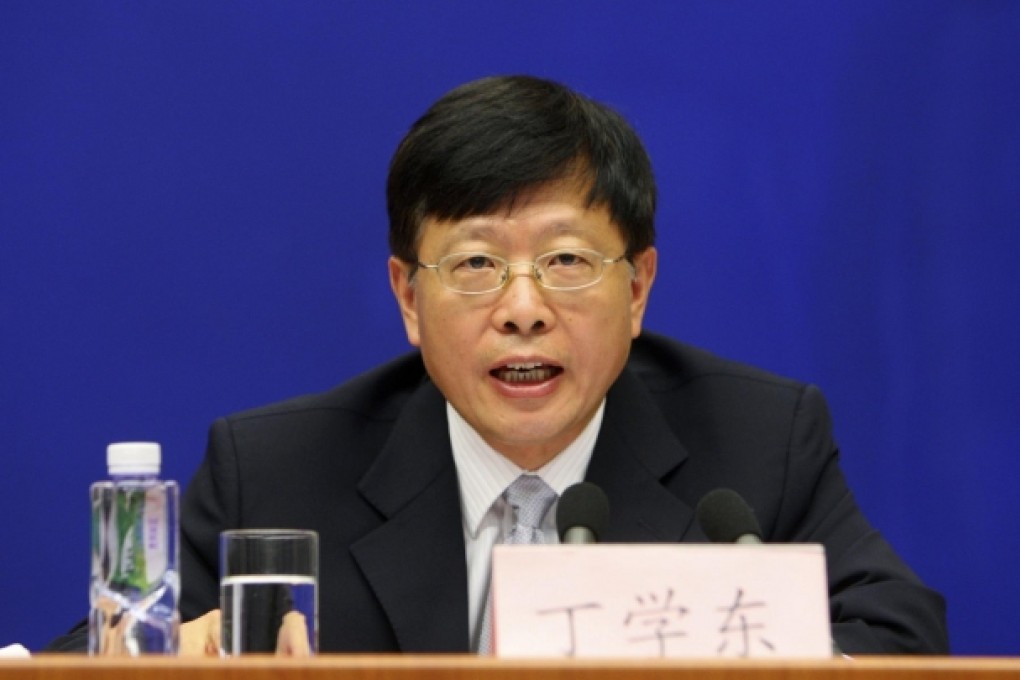New CIC sovereign fund boss faces greater challenges
Ding Xuedong, recently tapped to lead the mainland's sovereign wealth fund, will be under more scrutiny than his predecessor

The new boss of China Investment Corp, the mainland's US$480 billion sovereign wealth fund whose chairmanship had been vacant for about five months, faces two immediate challenges - making more money from the fund's overseas investments and finding additional capital.

"The new chairman will definitely face much more pressure than Lou Jiwei," said a source close to CIC who declined to be named due to the sensitivity of the issue.
"For Lou, the founding chairman, his biggest achievement was setting up CIC, recruiting its management team and getting it to move forward for six years. People will remember him for that. But for Lou's successor, people will definitely focus more on the fund's performance."
The appointment of Ding, also a deputy finance minister before joining the cabinet office, is seen as a safe choice, with Beijing needing a good communicator to go back and forth between the central government and CIC's managers. But such an appointment - more political than business-focused - may have disappointed some international investors and dealt a blow to the independence and transparency of the fund, which CIC keenly maintained under Lou's leadership.
"One way of approaching a potential recruitment would be to analyse how a fund really works from a strictly professional perspective, like a potential investor," said Dag Detter, former president of the Sweden-owned asset management firm Stattum and now a fund industry consultant, specialising in sovereign funds. "How clearly can he demonstrate his achievements and be rewarded for them? How independent will he be in his investment decisions, hiring of professionals and so on?"